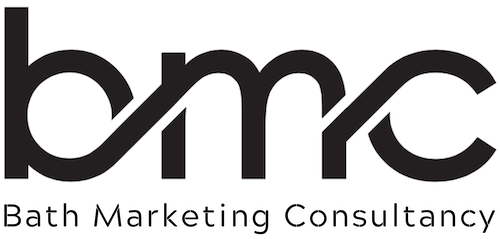For many businesses, achieving a top 5 or top 10 ranking on Google for competitive search terms can be incredibly lucrative. In fact, some organisations focus solely on this as their primary marketing initiative—helping websites secure high-ranking positions for valuable keywords. However, for most businesses, the effort required to reach and maintain these rankings is only worthwhile if it supports broader marketing objectives.
Beyond Rankings: What Are Your Secondary Goals?
Simply ranking highly on Google isn’t enough—what happens next is just as important. A high position in search results should align with a clear business goal, such as:
-
Driving actual sales of your products or services
-
Generating leads or customer inquiries
-
Encouraging sign-ups or registrations to build an email database
Not all search terms convert equally. Some may seem valuable but fail to lead to meaningful customer actions, while others—perhaps lower in search volume—may result in far more conversions. Identifying which terms genuinely drive engagement and revenue is crucial.
The Power of Sign-Ups & Email Marketing
One of the most effective ways to convert website visitors into paying customers is through email sign-ups. If a potential customer isn’t ready to buy immediately, capturing their email allows you to nurture them over time with targeted e-marketing campaigns. This is why a well-placed sign-up form or lead magnet (such as a free guide or exclusive offer) can be just as valuable as direct sales.
How to Improve Your Search Ranking
If you’re serious about ranking in the top 10 for key search terms, here are a few things to consider:
-
Start with regional SEO – Competing nationally can be tough, so optimising for local search terms (e.g., marketing company Bath) can be a more achievable first step. Try searching for this term and see who dominates the first page—yes, that’s us!
-
SEO takes time – Don’t expect to reach page one within weeks. A strong SEO strategy requires patience, continuous optimisation, and ticking all the right SEO boxes.
-
Be strategic with your keywords – Choose terms that not only drive traffic but also lead to actual conversions.
Final Thoughts
While ranking on Google is a fantastic goal, it’s only part of the bigger picture. The real success comes from ensuring your website is designed to convert visitors into leads and customers once they arrive. Focus on secondary goals, optimise for meaningful search terms, and be patient—SEO is a marathon, not a sprint.
Need help improving your website’s SEO strategy? Get in touch with Bath Marketing Consultancy, and let’s make sure your business is visible and converting!



